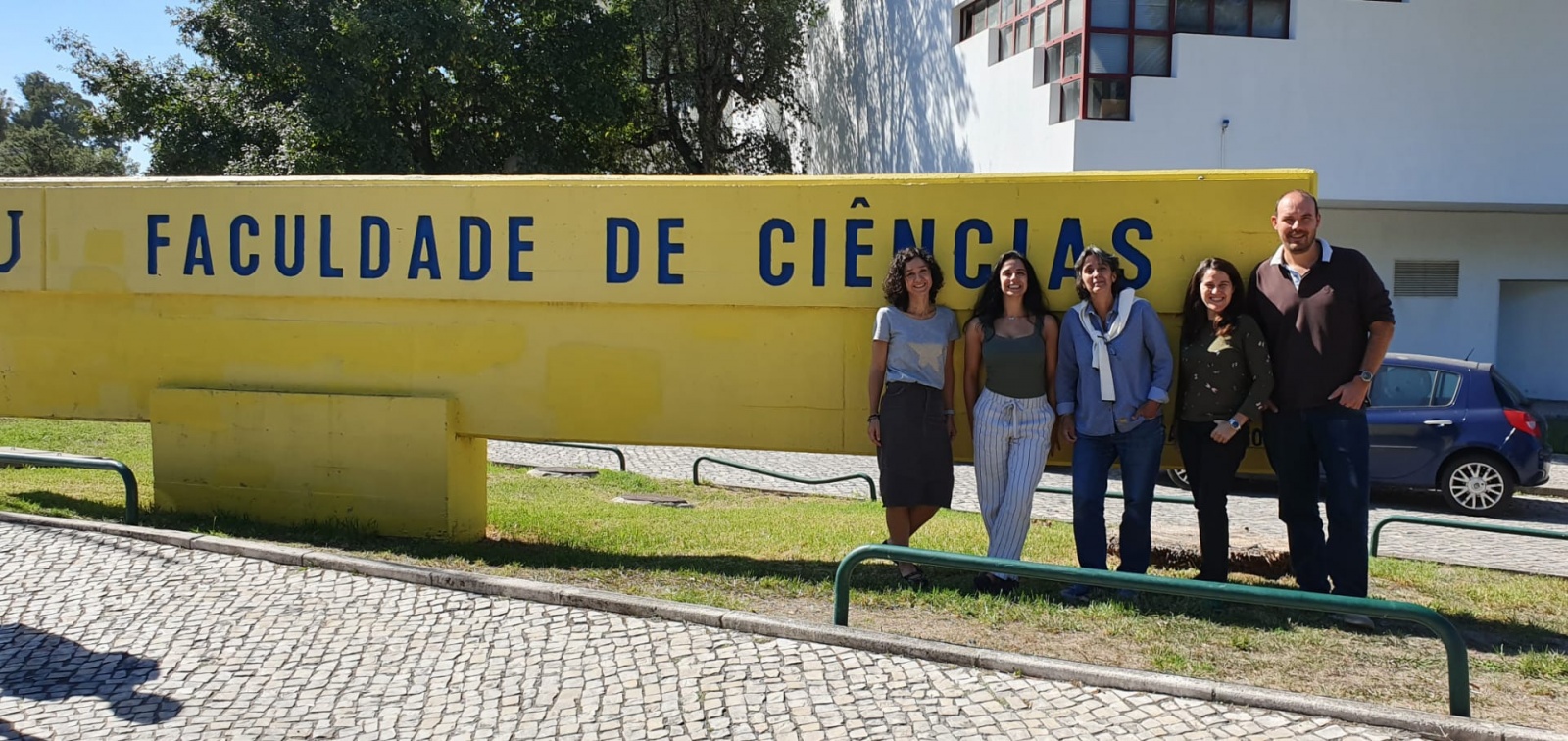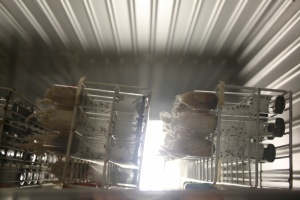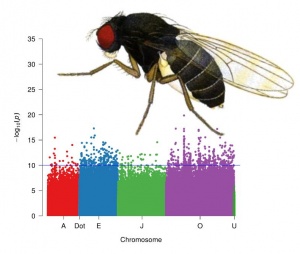The ‘Local Adaptation in Drosophila’ Group includes two senior researchers (integrated members), one holding an academic position (PI of the group), one PhD student and three master students. Additionally, several external collaborators collaborate in the research developed within the group.
The research projects pursued by the ‘Local Adaptation in Drosophila’ Group focus on complementary research areas in Evolutionary Biology, with the ultimate goal of better understanding: i) the genetic basis of adaptation, ii) the evolutionary potential of populations, including the role of history and chance; iii) the evolution of chromosomal inversions. The Group’s experimental research activity uses mainly (but not only) Experimental Evolution as tool and Drosophila subobscura as model organism.
Present main topics addressed are:
1) To understand the genomic and transcriptomic changes during adaptation to new environments;
2) To clarify the role of History, Chance and Selection during Adaptive Evolution;
3) To analyse how predictable is evolution in both space (across populations) and time (different times of sampling, short versus long-term adaptation);
4) To understand the evolution of latitudinal clines, including inversion polymorphisms;
5) To analyse the evolutionary potential of populations to respond to global warming.
The main present focus of our wet-lab research is the study of how populations adapt to global warming, as a following of an FCT-financed project, ADAPTCLIMWARM.



